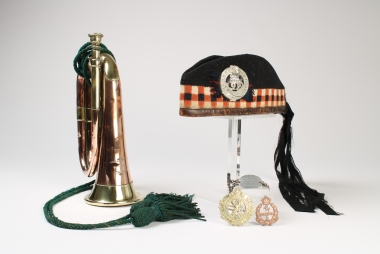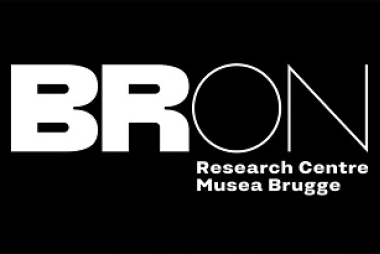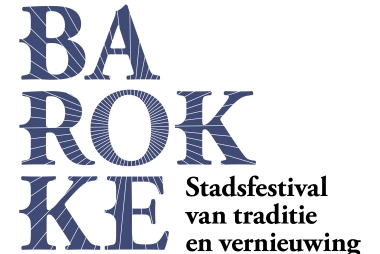EURECA - EUropean Region Enrichment in City Archives and collections

The proposed interdisciplinary EURECA (EUropean Region Enrichment in City Archives and collections) project follows the trends towards location based services (LBS) and personalized/contextualized content, and investigates them in the context of cultural heritage collections of European city archives and collections. We focus on finding traces (or origins/influences) of European regions that have shaped the cities in which we live today and will develop tools to easily explore them when visiting a city. Different historical, architectural, economic, political and cultural reasons form the base of these traces, and we will use input from each of these domains to reveal the cultural heritage items that can be linked to these specific European regions/origins. The enriched metadata that will be generated for the city archives and collections can be used as input to perform new fundamental research and applied studies, but also to facilitate the exploitation of the collections to a broader public and attract new groups of cultural heritage consumers. LBS that run on top of our enrichments, for example, will allow tourists to explore the traces of a specific European region (e.g. Austria) in the city (e.g. Ghent) and show them the collection items at their corresponding point of interest (POI) using their mobile device. The success of guiding tours focusing on such traces (e.g., Gent in de sporen van de Oostenrijkers) confirms that tourists like finding such traces and their also exist several websites that collect such traces. “El rincón de sele”, for example, is a Spanish website on which you can perform region-based queries for Spanish traces, such as finding the Karel V points of interest (POIs) in Ghent. The traces of a region that can be found all over Europe, encompass the influence of European history of a single region in all regions within Europe - in which Europe is more than the sum of its states.
The technological building blocks of the EURECA platform that will be developed during this project will semi-automatically unearth European regions/origin traces in city archives and collections based on computational and crowdsourced (meta)data enrichment techniques. Our tools/applications will allow different types of end users (e.g. archivists, guides, researchers or European tourists in Ghent) to easily find the locations in the city where they can find cultural heritage connections to a particular European region/origin. These connections that link Austria to Ghent (for example) can be rather diverse, such as architectural traces (e.g. Hotel Falligan and the Austrian Military headquarters at the Handelsbeurs), historical facts (such as the introduction of house numbers by Jozef II), cultural events (e.g. Mozart’s visit to the Ghent), art (such as the STAM painting of Ferdinand III and the painting of Maria Theresia as a gift to the city of Ghent), place and street names (e.g. Koningin Maria Hendrikaplein and Jozef II-straat in Ghent), and memories of foreign academics/researchers (that probably are local heroes in their own region). The project results will give a better view on the diversity and shared histories and on multiple connections between our countries to de-nationalize people's views.
The current collections of the city archives, however, have some technical and usability bottlenecks which make it difficult to easily find European traces and map them to a location on the map. The current metadata scope of the photo archives, for example, is too narrow and too high-level to allow easy and adequate exploration of the collection data (e.g. to find regional traces). The main goal of the EURECA project is to address these issues, and increase the searchability of the collection items (mainly focusing on the location and traces aspect). First of all, geographic entity recognition (GER), which can be run on textual metadata and image content, will help in extending and linking the existing collection items and facilitate spatial collection mapping for interactive querying. Secondly, expert tagging micro tasks and crowdsourced techniques will be used to address the missing (meta)data problems and perform validations on the automatically generated location and traces (meta)data. Furthermore, a spatiotemporal dashboard will be developed to study/analyze the spatial and temporal features and evolution of the traces and compare them to cultural heritage-related social media footprints of what tourists of a particular region of origin currently visit in the city. Finally, we will develop guidelines and methodologies for the creation of LBS and visualizations of region-specific POIs. Each of these tasks is described in detail further on in this proposal.
n/a
- Research Group Cartography at the Vienna University of Technology (TU WIEN)
- Stadsarchief & archief OCMW Stad Gent
- Universiteitsarchief UGent
- STAM
- Municipal and Provincial Archives of Vienna
Praktische info
Projectsubsidie voor internationale cultureel-erfgoedprojecten (Departement Cultuur, Jeugd & Media - Cultureel erfgoeddecreet 6 juli 2012)
http://www.kunstenerfgoed.be/nl/nieuws/925600-euro-subsidies-voor-cultureel-erfgoedprojecten
Andere projecten
Het Memorial Museum Passchendaele 1917 heeft een uitgebreide deelcollectie 'personalia', bestaande uit objecten gerelateerd aan ...
Naast het nieuwbouwproject BRUSK komt er in 2025 in het hart van de museumsite ook ...
Barokke Influencers is een initiatief van de Stichting Jezuïetenerfgoed . Universitair Centrum Sint-Ignatius Antwerpen (UCSIA) ...





